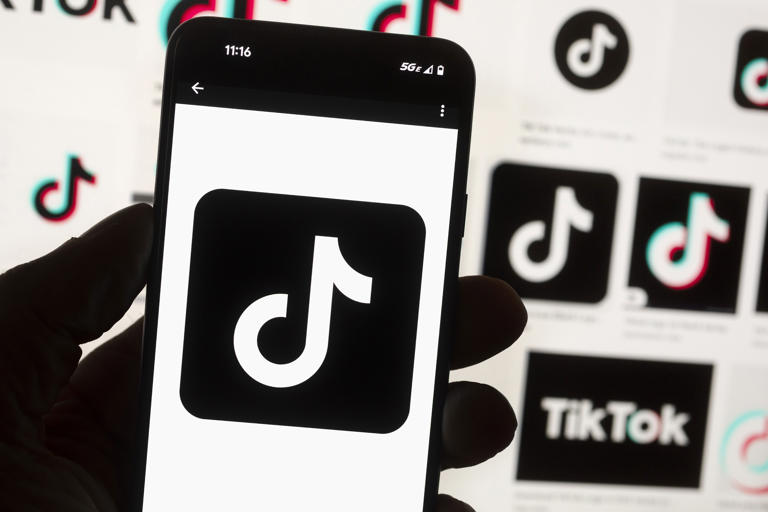In a bold legal move, TikTok, along with its Chinese parent company, ByteDance, has initiated a lawsuit challenging a recently enacted American law that casts a shadow of uncertainty over the app’s future in the United States. This law, signed by President Joe Biden as part of a broader foreign aid package, presents a stark ultimatum: TikTok must be sold to an approved buyer within nine months, or face a nationwide ban.
At the crux of TikTok’s legal challenge is the assertion that the law unjustly singles out the platform, unfairly portraying ByteDance’s ownership as a national security threat. ByteDance and TikTok argue that such characterization lacks substantive evidence and constitutes a breach of the First Amendment, effectively stifling free speech rights.
The law’s requirement for ByteDance to divest TikTok to a U.S.-approved buyer within a limited timeframe presents a myriad of logistical and diplomatic hurdles. ByteDance’s need to secure approval from the Chinese government adds another layer of complexity, particularly concerning the transfer of TikTok’s algorithm—a critical component of the app’s functionality and success. ByteDance has indicated its reluctance to comply with the divestment mandate, further complicating the situation.
Moreover, the lawsuit contends that the law’s stringent provisions render continued operation of TikTok in the United States virtually untenable. Divesting TikTok as a standalone entity from the broader platform, which boasts over 1 billion users globally, presents significant operational, technological, and legal challenges. The prospect of maintaining a U.S.-only version of TikTok, detached from the rest of the world, is deemed unviable by TikTok and ByteDance.
In addition to the practical impediments, TikTok and ByteDance raise fundamental constitutional concerns. They argue that the law encroaches upon the First Amendment’s protections of freedom of expression, setting a dangerous precedent for government interference in online speech and content dissemination.
As the legal battle unfolds, stakeholders across government, academia, and civil society are closely monitoring developments, recognizing the far-reaching implications for the regulation of social media platforms and the protection of individual liberties in the digital age. The outcome of TikTok’s lawsuit against the U.S. government could have profound implications not only for the future of the app but also for broader debates surrounding national security, free speech, and regulatory oversight in the digital realm.
